Understanding Fire Detector Replacement Costs
Understanding the factors influencing fire detector replacement costs is essential for effective safety management. This page provides a detailed overview of the various elements that impact pricing, along with visual representations and related service options.
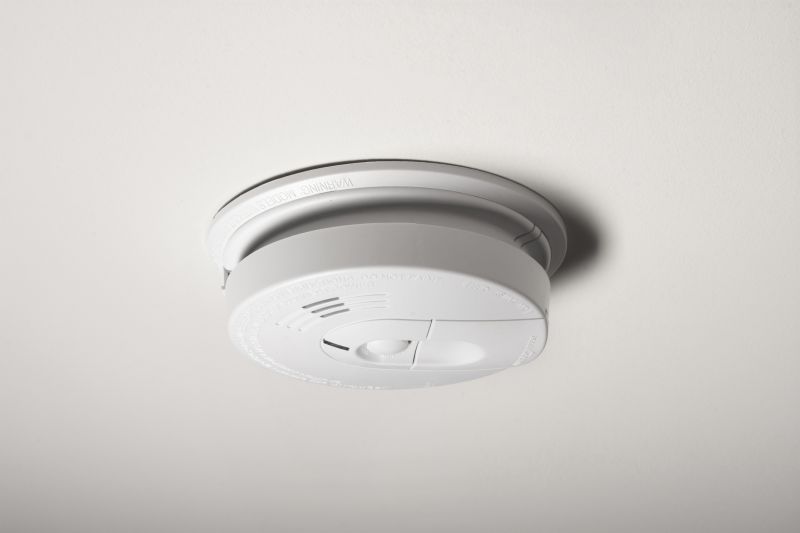
Different types of detectors, such as smoke, heat, or combination units, vary in cost based on technology and complexity.
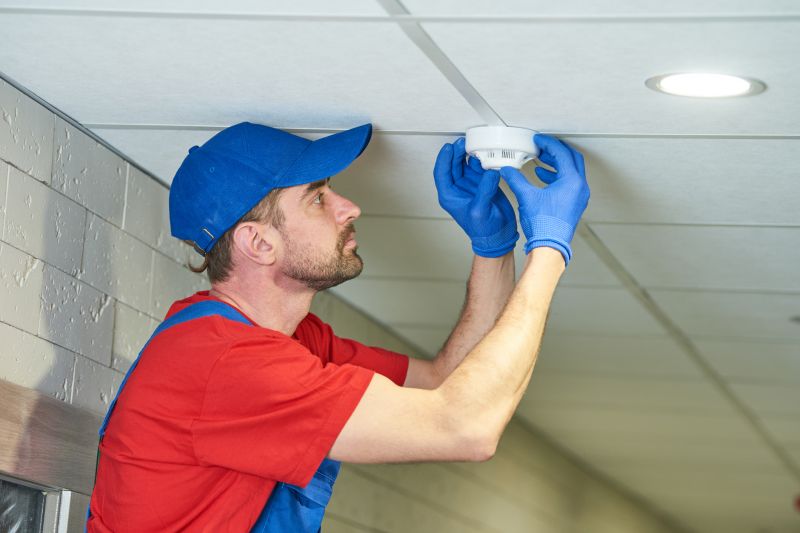
Costs are affected by whether detectors are installed in residential, commercial, or industrial settings.
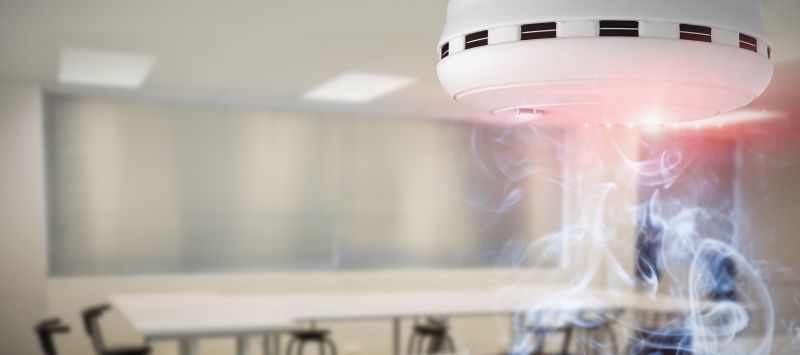
Replacements in hard-to-reach areas or complex layouts may incur higher labor and equipment costs.
| Factor | Impact on Cost |
|---|---|
| Type of Detector | Different technologies have varying prices, from basic smoke alarms to advanced combination units. |
| Number of Detectors | More detectors require higher material and labor expenses. |
| Installation Complexity | Complex wiring or hard-to-access locations increase labor costs. |
| Brand and Model | Premium brands or newer models tend to be more expensive. |
| Local Regulations | Compliance requirements can influence the scope and cost of replacements. |
| Labor Rates | Variations in regional labor costs affect overall pricing. |
| Additional Features | Detectors with smart technology or integrated systems cost more. |
| Age of Existing System | Older systems may require additional upgrades, impacting total costs. |
The cost of fire detector replacements can vary significantly based on the specific circumstances of each installation. Basic smoke detectors in residential settings typically start at a lower price point, while complex commercial systems with multiple detectors and advanced features can incur higher expenses. Labor costs are also a key factor, especially in cases requiring extensive wiring, specialized mounting, or access to difficult areas. Proper assessment of these elements ensures accurate budgeting and effective safety compliance.
In addition to the initial replacement costs, ongoing maintenance and periodic testing are essential to ensure detector functionality. Upgrading to newer models with enhanced sensitivity or integrated connectivity features may represent a higher upfront investment but can offer improved safety and monitoring capabilities over time.
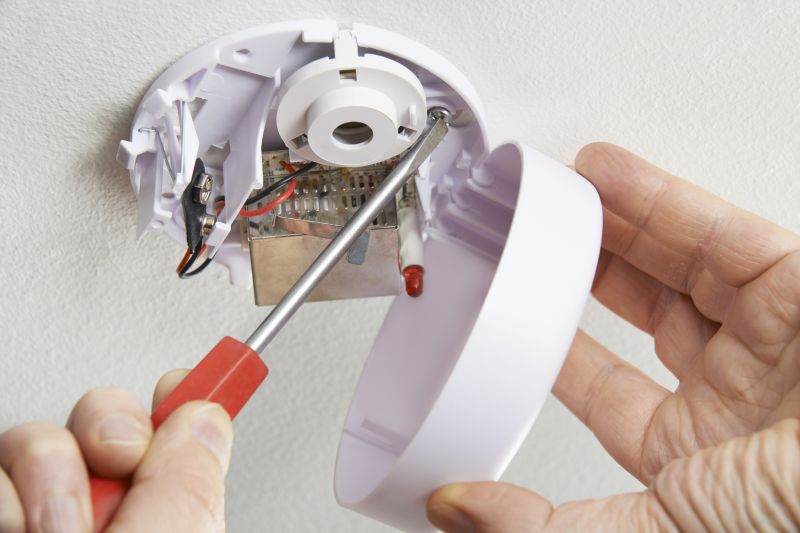
Understanding the internal components helps in assessing replacement needs and costs.
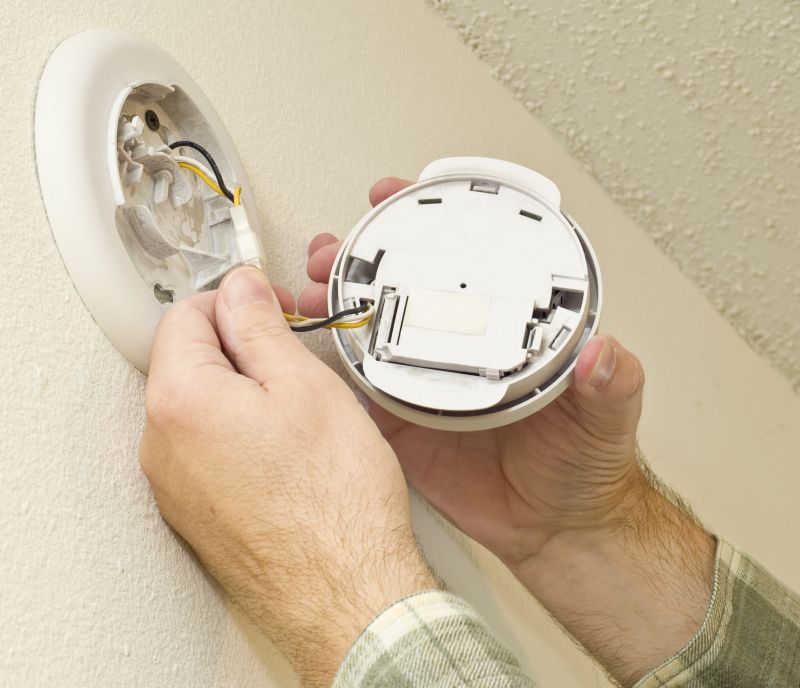
Installation costs are influenced by wiring complexity and mounting requirements.
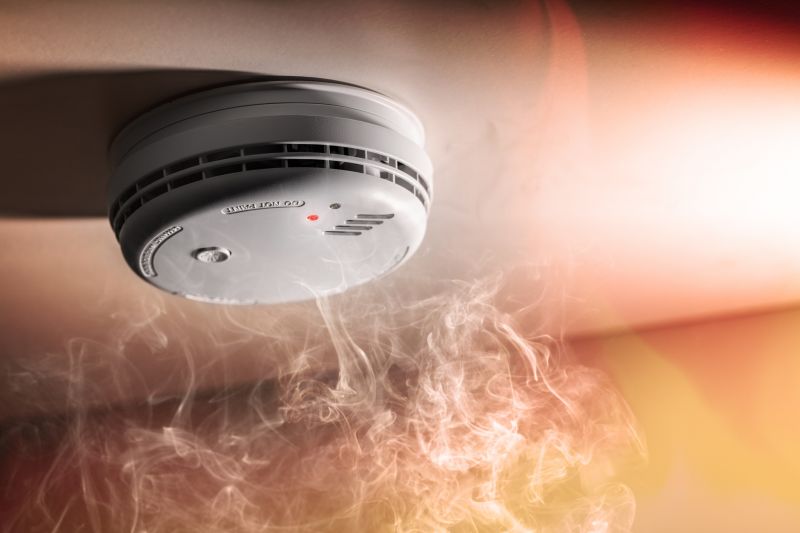
Advanced detectors with connectivity options may have higher replacement costs.
| Service | Average Cost Range |
|---|---|
| Basic Smoke Detector Replacement | $50 - $150 |
| Heat Detector Replacement | $70 - $200 |
| Combination Detector Replacement | $100 - $250 |
| Wireless Detector Installation | $80 - $220 |
| Commercial System Upgrade | $500 - $2000 |
| Wiring and Mounting Service | $100 - $300 |
| Smart Detector Installation | $150 - $400 |
| System Inspection and Testing | $50 - $150 |
| Detector Repair Service | $60 - $180 |
| Emergency Replacement Service | $200 - $600 |
